Over 200 professionals participated in the 20th Annual COCA Conference on November 5, which, due to social distancing protocols, was an all-virtual event this year. Of course, no breakfast or lunch was served, but attendees were greeted by familiar faces throughout the half-day conference that included three training sessions followed by question and answer periods. Attendees came from various sectors, including behavioral health, education, faith-based institutions, and private businesses.
“The 2020 Annual Conference continued its tradition of providing up-to-date information and formative solutions to addressing substance use disorder,” said Yvonne Stroman, Community Programs Specialist for COCA who led the conference. “Unlike previous years, this year’s conference was held virtually, allowing participants to join us from their homes, offices and other venues in the name of safety. Just goes to show the continued dedication and commitment to help individuals and families get better.”
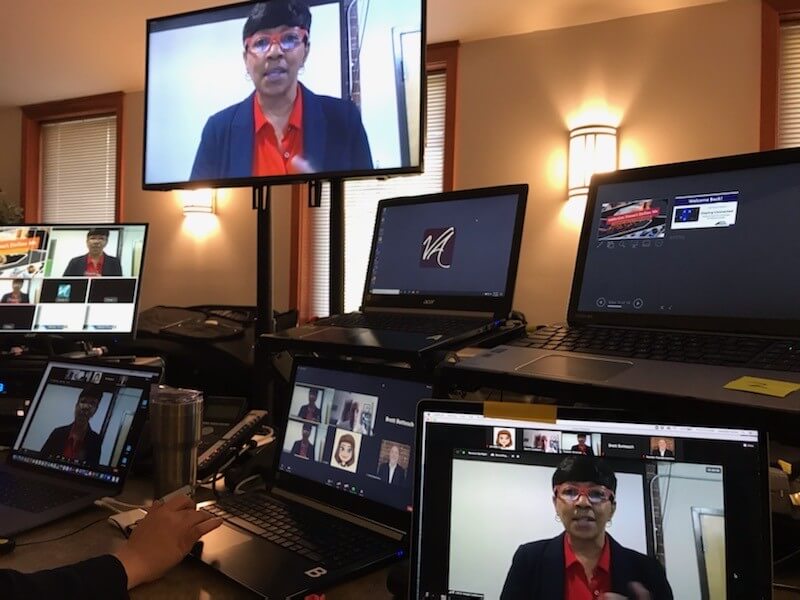
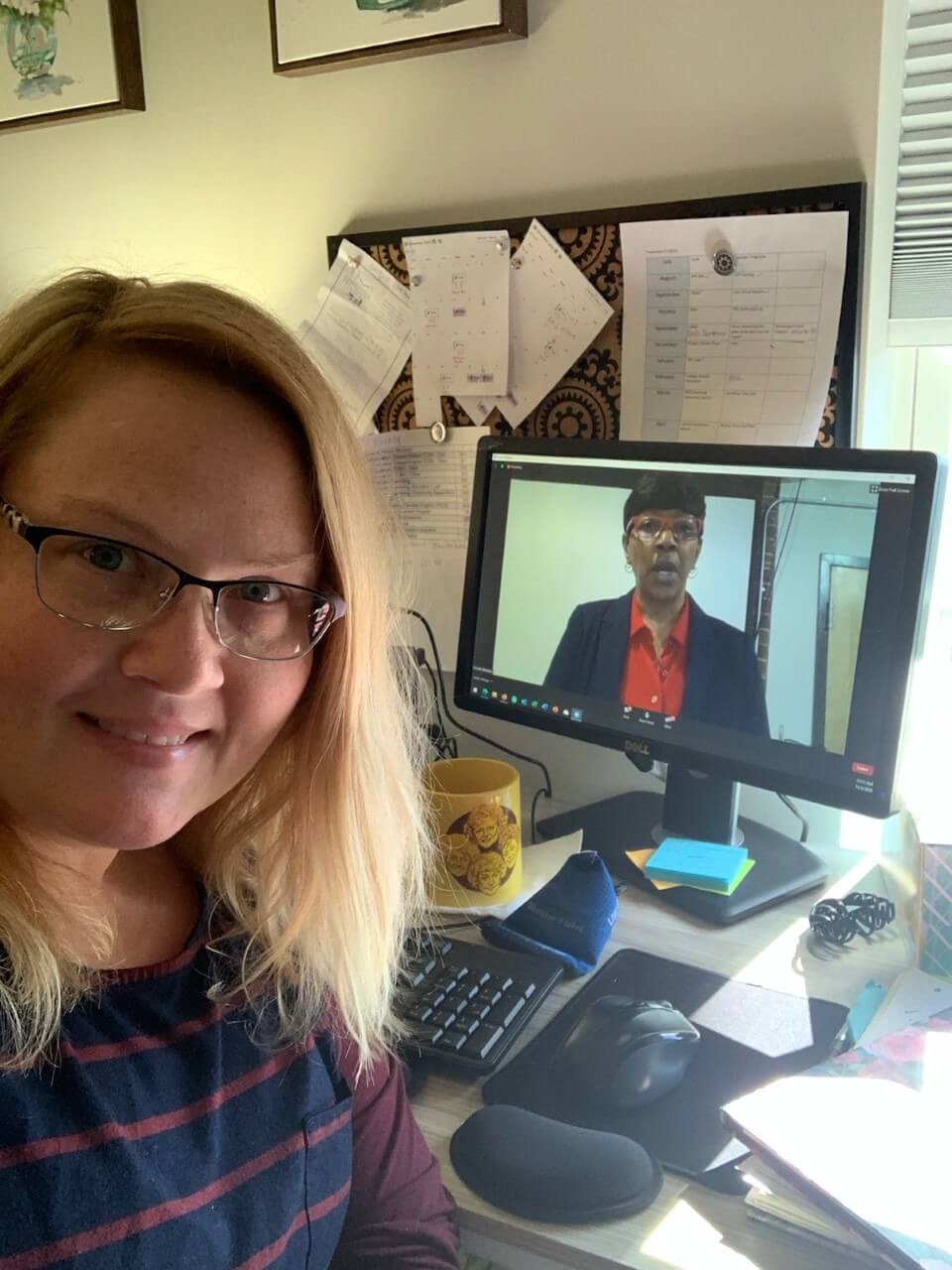
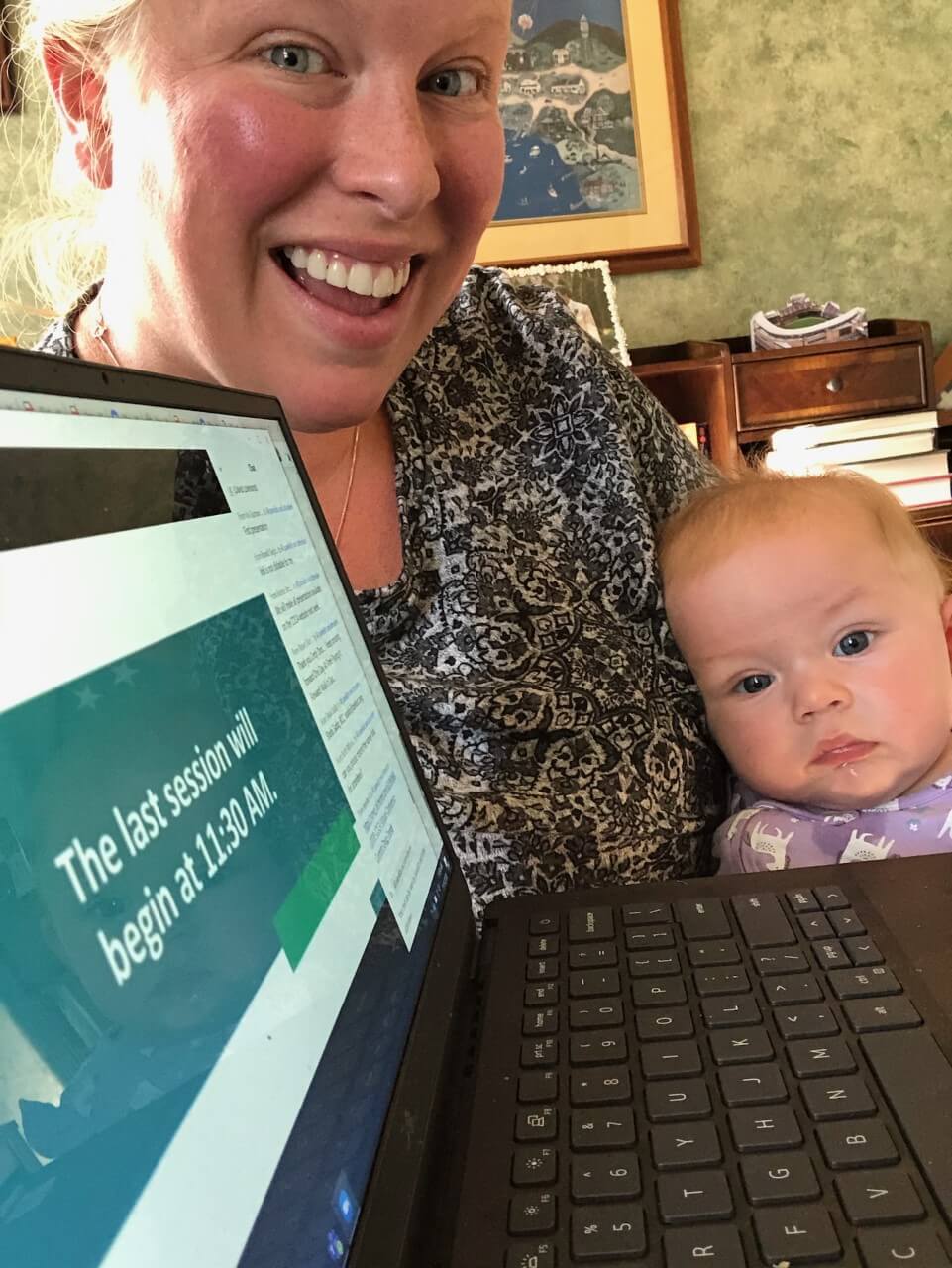
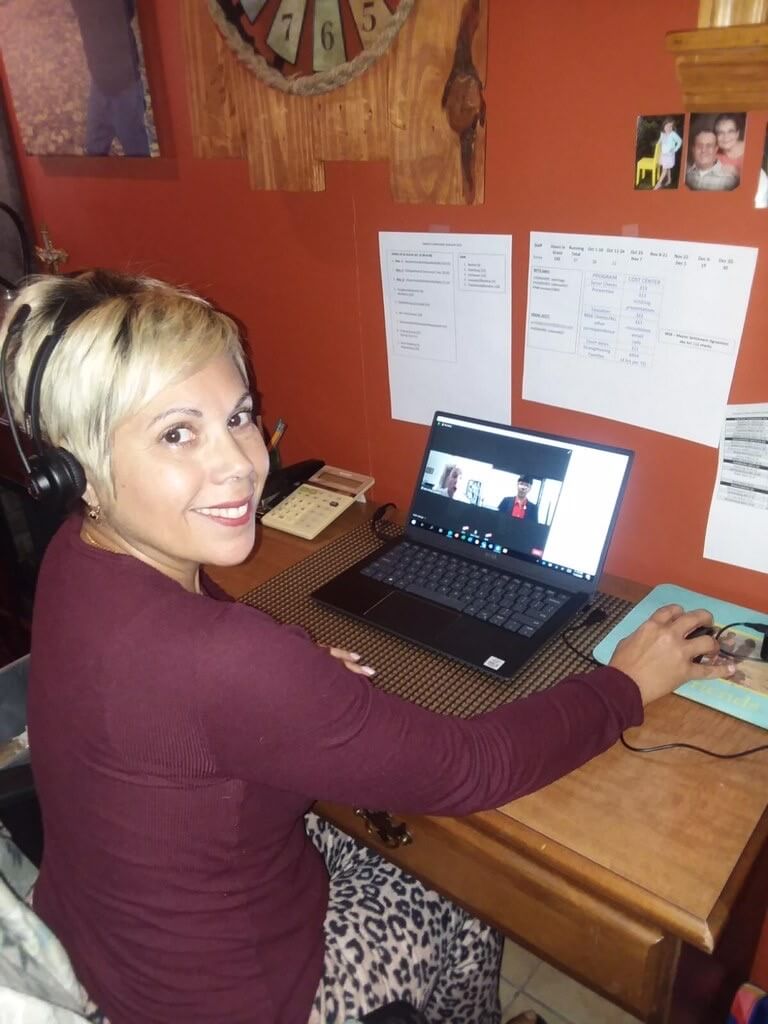
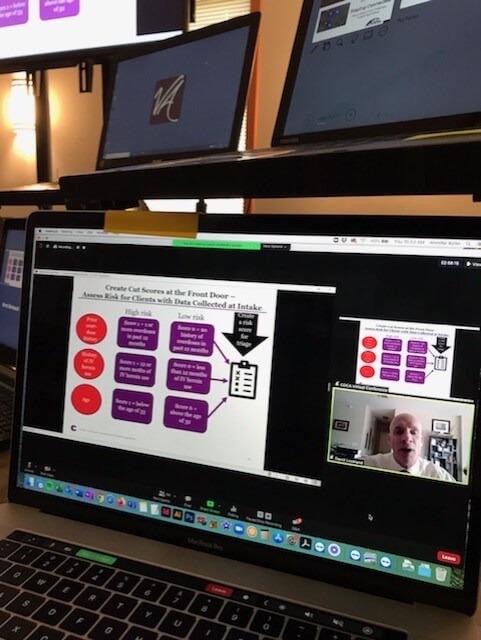
The conference theme was “Staying Connected: Responding to the Challenges of Addictive Disease,” with three workshops that were attended by all participants. The event began with a welcome and update from COCA Executive Director Stan Papademetriou and Berks County Commissioner Kevin Barnhardt.
The first presenter was Alan McGill, PA Attorney General’s Office, who offered insights into current drug trends across Pennsylvania. He reminded attendees that the drug epidemic “has moved beyond opioids. It’s a little bit of everything.” That includes a rise in stimulant use, including cocaine and methamphetamine. McGill also warned that the opioid fentanyl is being mixed with many other drugs, leading to a rise in overdose deaths. And, he stressed the importance of safe medication disposal, particularly of opioids and fentanyl patches.
“Safe disposal of medication is so important, because individuals will steal these,” McGill said.
McGill’s was followed by Dr. David Loveland, Community Care Behavioral Health, who provided data on the use of telehealth to treat substance use disorder during COVID-19. He noted that telehealth has proven effective at keeping clients engaged in treatment. He noted that telehealth can be used successfully beyond the pandemic.
“Individuals that travel longer distances to outpatient therapy disengage at a higher rate. We’re losing our customers. With telehealth, we can hold onto them.”
The final presenter was Dr. Martha Thompson, Empower the Mind, LLC. She spoke about compassion fatigue, and identified ways for service providers to take care of themselves to reduce burnout and increase resilience. Among her recommendations for daily self-care: get 7-9 hours of sleep, exercising for 30 minutes, unplug from technology in the evenings, and getting out in nature even for just a few minutes each day.
Thanks to all those who attended and presented!
Making a Plan: Reducing Alcohol IntakeRead More »
COCA’s 2025 Summer Program Teaches Bright ChoicesRead More »
The Online Gambling EpidemicRead More »
COCA Prevention Team Earns State RecognitionRead More »
March is Problem Gambling Awareness MonthRead More »